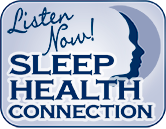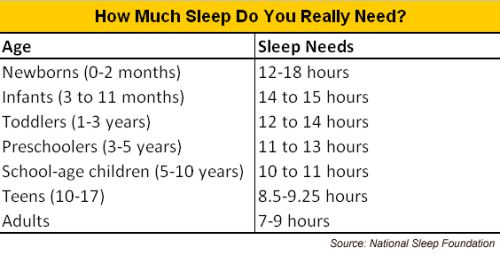Are Reflux (GERD) and Sleep Apnea Related?
Recently I had a personal conversation with a friend who was struggling with reflux symptoms. During our conversation my friend started questioning the possibility of him having apnea based on some night time awakenings he was having and asked if there is a connection with GERD (Gastro-esophageal reflux disease) and obstructive sleep apnea?
Although the relationship is not clear, researchers do see a connection between GERD and Sleep Apnea, or sleep disordered breathing. In fact, 50-75% of people with apnea also have GERD symptoms. Treating one disorder often can help the symptoms of the other. It is possible that painful reflux results in interrupted sleep. The person may or may not remember the cause of night waking the next day.
Likewise, untreated apnea results in wakefulness at night leading to increased GERD symptoms. Another cause may be CPAP machine side-effects. While the positive airflow prevents interrupted breathing, it also many expand the stomach slightly. This, in turn, can lead to more reflux.
It is still unknown if apnea causes reflux, or vice-versa. It is not known if either condition worsens the other. If you suffer from both, it is wise to see both a gastroenterologist and a sleep medicine professional. Be sure to tell both doctors about both conditions.
For more information about Sleep Apnea and treatment, contact us!
Winner of 2011 Best Business Award-Naperville Chamber of Commerce








(630) 369-5508